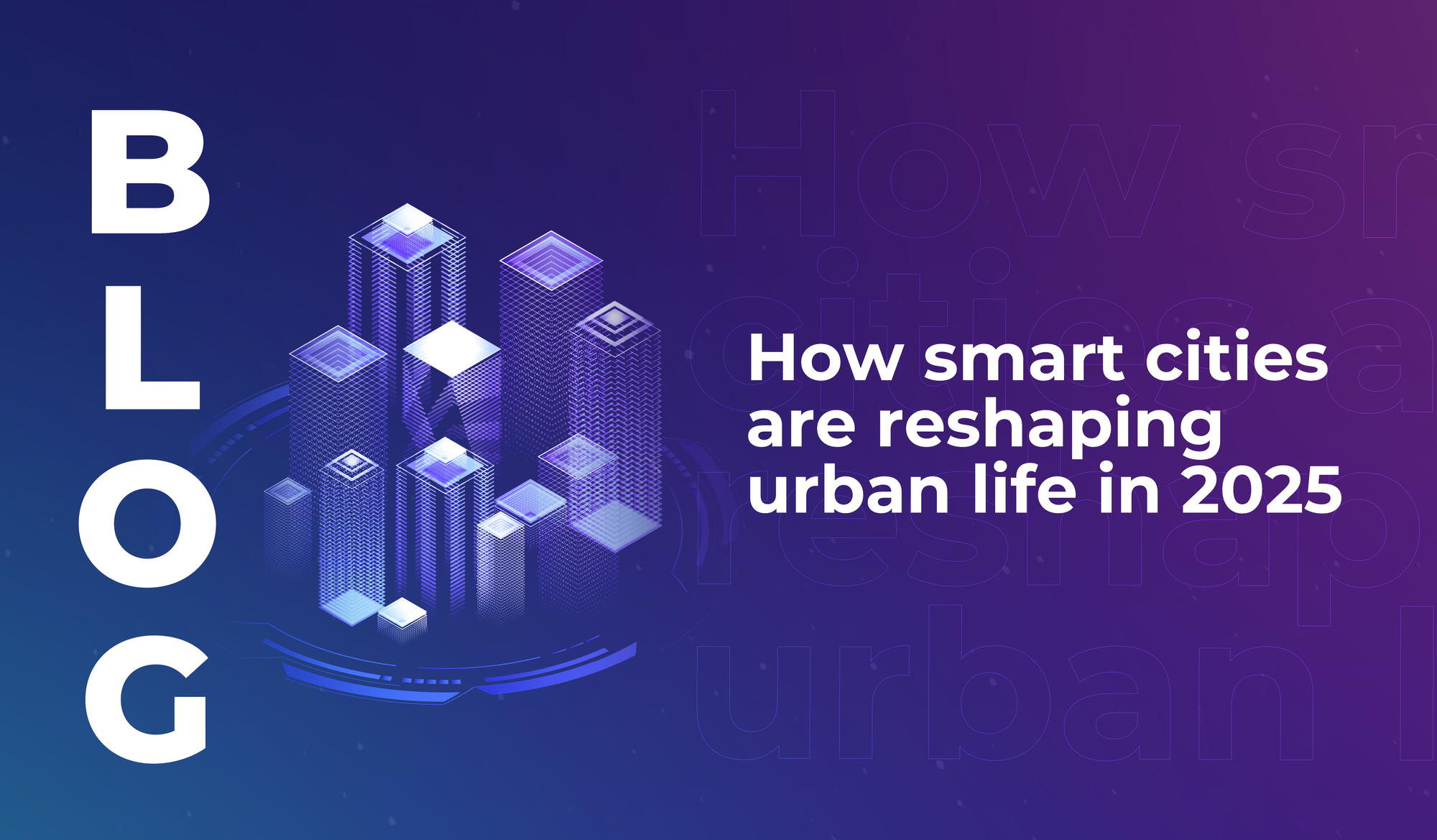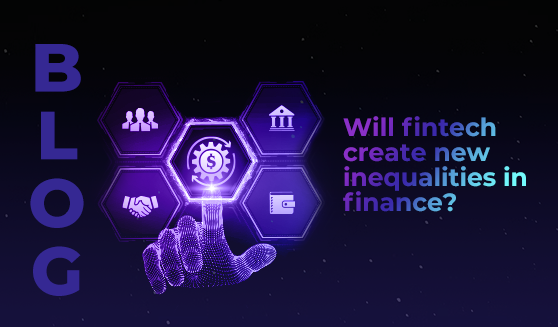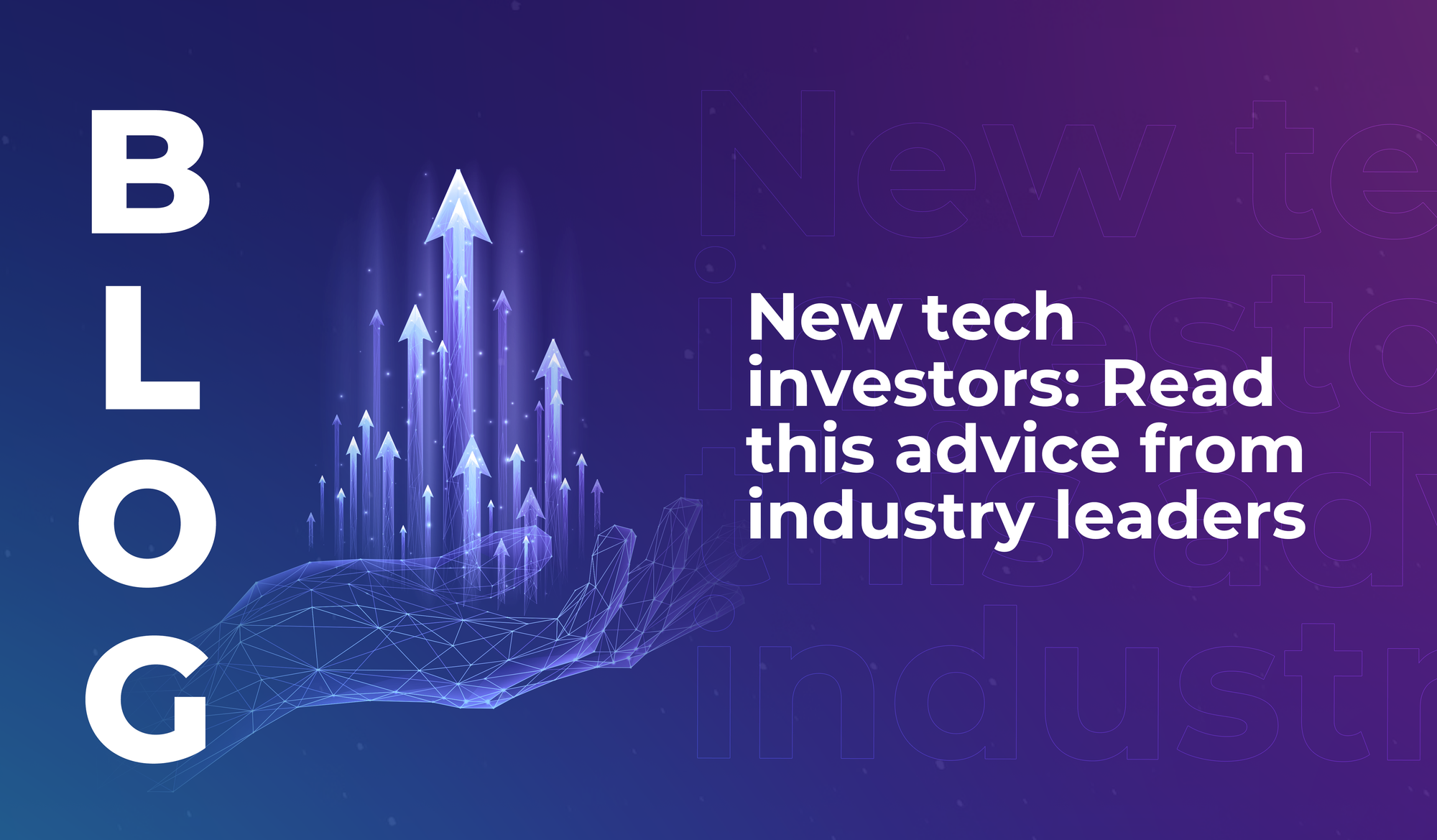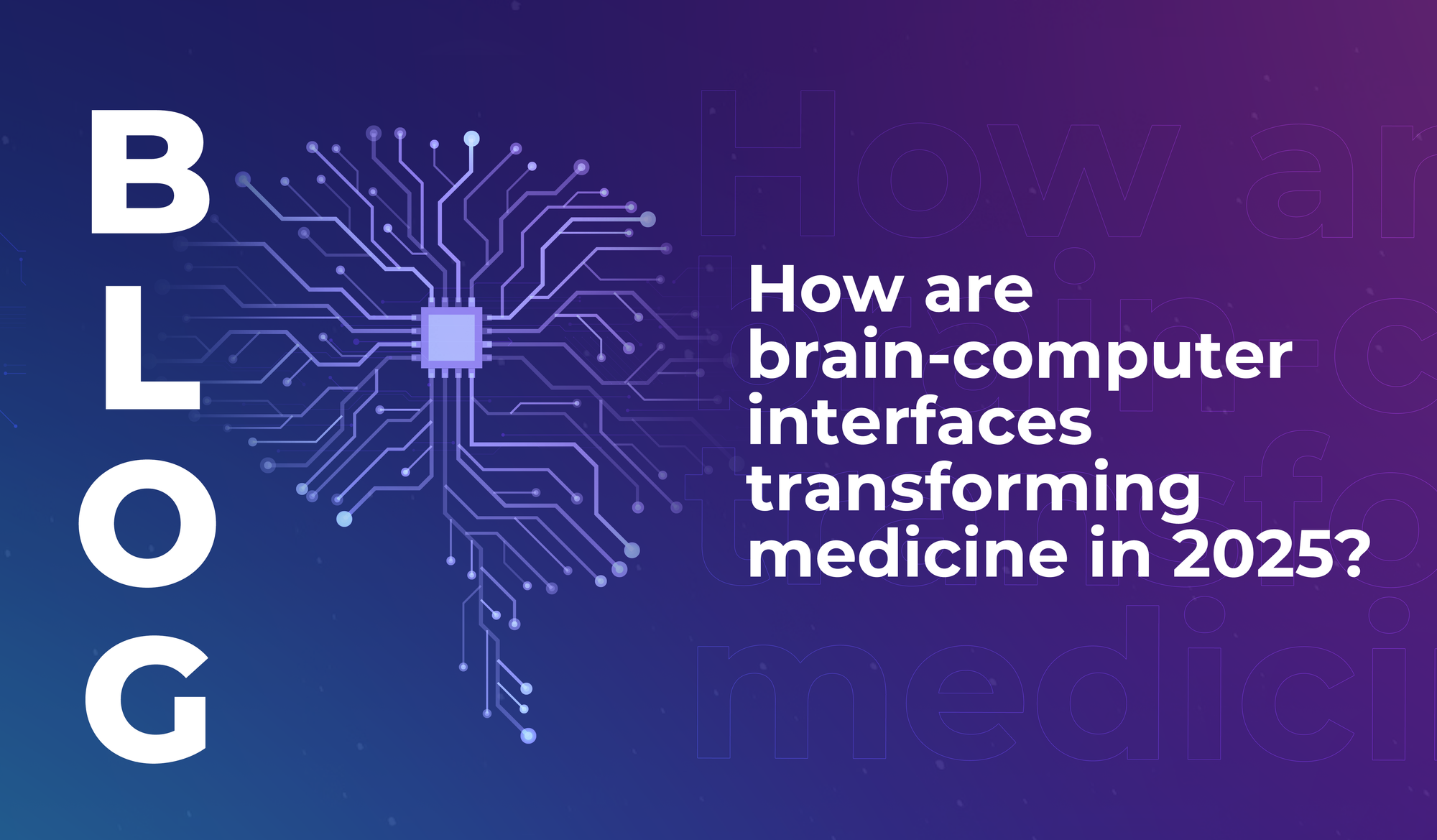
How smart cities are reshaping urban life in 2025
Discover the key drivers of positive smart city development, including collaboration, data literacy, and a sharp focus on sustainability.


Last year on the blog, Dr. Ritesh Jain (Founder of Infynit) explained why payments are the lifeblood of the financial services industry.
This week, we caught up with him again to dig a little deeper into his perspective on payments, fintech, and financial inclusion.
Crucially, we wanted to find out whether fintech risks creating new inequalities between users and communities – because while innovative technologies are rapidly increasing access to financial education, they’re also (for various reasons) difficult for some segments of the global population to use.
Fintech is at the heart of financial inclusion in the future. But the sector must be aware of its own limitations.
“Fintech startups are vital for financial inclusion. Their agility, lower costs, and data-driven approach make them well-suited to serve underserved populations. They offer tailored solutions, global reach, and prioritise user experience.
“However, regulatory and security challenges must be managed. Fintech's innovation has the potential to bring millions into the formal financial system, reducing inequality and fostering economic growth. Collaboration with traditional institutions can further amplify their impact.
“Financial inclusion is not just a financial services challenge; it's a public policy issue. However, for broader impact, fintechs have to work in tandem with financial institutions, central banks and policy makers.”
“The proliferation of fintech solutions presents a dual opportunity to reduce or exacerbate financial inequalities.
“To minimise disparities, startups should focus on inclusive and affordable offerings, address algorithmic bias, and prioritise data security.
“Policymakers are crucial in creating a supportive regulatory environment, promoting digital access, and monitoring fintech's impact.
“Collaboration between fintech startups and traditional institutions can bridge gaps in financial inclusion, and ongoing evaluation is essential to ensure the benefits of fintech reach all segments of society while minimising potential inequalities.”
“The most significant obstacles to financial literacy in 2024 likely include:
“Overcoming these challenges will require collaborative efforts from educators, policymakers, financial institutions, and organisations to develop tailored and accessible financial education programs, leverage technology, and address the diverse needs of different populations.”
“There are signs of increasing financial literacy and greater financial autonomy thanks to innovative fintech startups. These startups offer user-friendly apps and online resources, contribute to financial inclusion, provide education initiatives within their platforms, utilise data analytics to deliver personalised insights, and even address the need for cryptocurrency education.
“However, the impact varied by region and demographic, and the long-term effectiveness of these efforts needed further assessment.”
“As a fintech thought leader, I explored open banking and the metaverse. The event emphasised innovation, sustainability and women's empowerment, showcasing innovation's potential. Saudi Arabia's tech investments offer optimism for a prosperous, tech-driven future.”
Thanks to Dr. Ritesh Jain and Infynit. Learn more from all our speakers, live at LEAP in Riyadh every year.

Discover the key drivers of positive smart city development, including collaboration, data literacy, and a sharp focus on sustainability.

Some of the most experienced tech investors in the world share their insights and advice to help new investors on their path to success.

Discover how brain-computer interfaces (BCIs) are creating new possibilities in healthcare and medicine.

Discover the key drivers of positive smart city development, including collaboration, data literacy, and a sharp focus on sustainability.

Some of the most experienced tech investors in the world share their insights and advice to help new investors on their path to success.

Discover how brain-computer interfaces (BCIs) are creating new possibilities in healthcare and medicine.